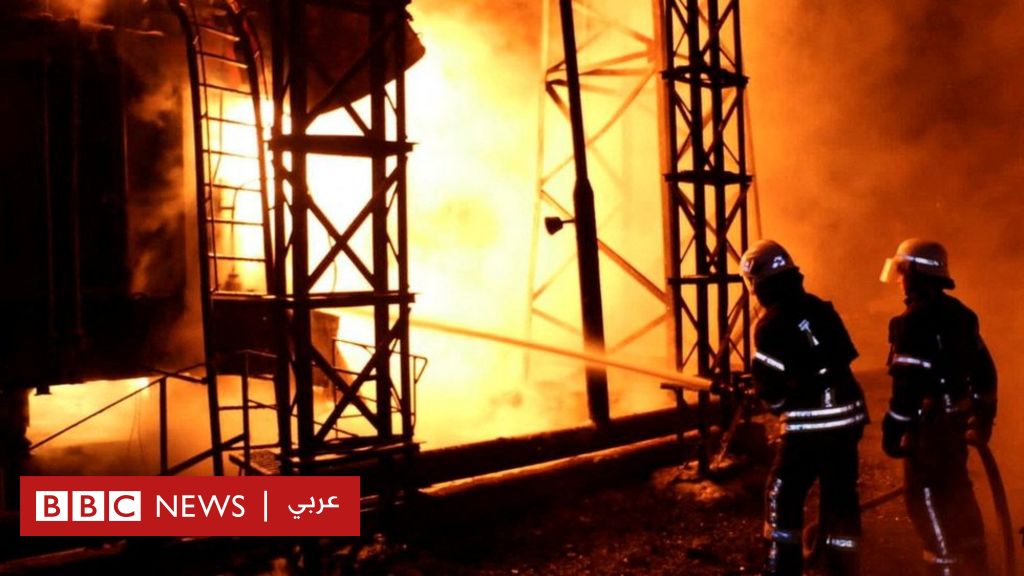<!–
—>
The European Central Bank and the US Federal Reserve are preparing to raise interest rates further to curb inflation, which could increase the value of the US dollar against other currencies and make dollar-denominated oil more expensive for investors. .
September 12, 2022, 7:53 am
Oil prices fell during Asian trade on Monday as expectations of higher interest rates in the US and Europe to curb inflation and severe restrictions imposed by China to fight Covid-19 disease throw a shadow on the outlook for global demand.
Brent crude oil futures fell 78 cents, or 0.9 percent, to $ 86.01 a barrel by 0040 GMT, after stabilizing at 4.1 percent on Friday.
US West Texas Intermediate crude fell 73 cents, or 0.8 percent, to record $ 92.11 a barrel, after rising 3.9 percent in the previous session.
Prices changed slightly last week due to the balance between gains from a small supply cut by the Organization of the Petroleum Exporting Countries (OPEC) and allies including Russia, a group known as OPEC +, and the ongoing closure linked to COVID-19 in China, the world’s largest oil importer, the scientist.
Chinese oil demand could contract for the first time in two decades this year, as Beijing’s policy of permanently eradicating COVID-19 keeps people indoors during the holidays and cuts fuel consumption.
“Concerns about the demand center about the impact of higher interest rates to fight inflation and China’s zero-Covid policy,” Commonwealth Bank of Australia analyst Vivek Dar wrote in a statement.
The European Central Bank and the US Federal Reserve are preparing to raise interest rates further to curb inflation, which could increase the value of the US dollar against other currencies and make dollar-denominated oil more expensive for investors. .
However, global oil prices could rebound by the end of the year: supplies are expected to become tighter when the EU embargo on Russian oil goes into effect on December 5.
The G7 will implement a cap on the price of Russian oil to limit Russia’s lucrative oil export revenue after the invasion of Ukraine in February and plans to take steps to ensure the continued flow of oil to emerging countries.
–
Source: agencies
–


